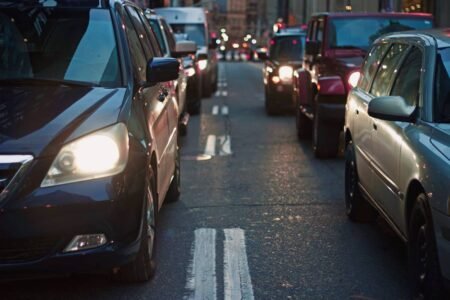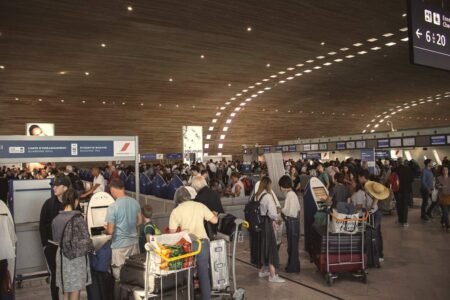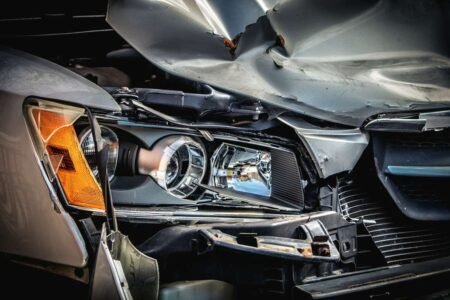The European Commission has adopted two proposals to ensure that, by October 2015, cars will automatically call emergency services in case of a serious crash. The “eCall” system automatically dials 112 – Europe’s single emergency number – in the event of a serious accident. It communicates the vehicle’s location to emergency services, even if the driver is unconscious or unable to make a phone call. It is estimated that it could save up to 2500 lives a year.
Advertisement
Key facts and figures
In 2012 around 28 000 people were killed and more than 1.5 million injured in 1.1 million traffic accidents on EU roads.
Only around 0.7% of vehicles are currently equipped with private eCall systems in the EU, with numbers barely rising. These proprietary systems do not offer EU-wide interoperability or continuity.
In addition to the tragedy of loss of life and injury, this also carries an economic burden of around EUR 130 billion in costs to society every year.
112 eCall can speed up emergency response times by 40% in urban areas and 50% in the countryside. Fully deployed, it can save up to 2500 lives a year and alleviate severity of road injuries. In addition, thanks to improved accident management, it is expected to reduce congestion costs caused by traffic accidents.
What is 112 eCall?
The 112 eCall automatically dials Europe’s single emergency number 112 in the event of a serious accident and communicates the vehicle’s location to the emergency services. This call to 112, made either automatically by means of the activation of in-vehicle sensors or manually, carries a standardised set of data (containing notably the type and the location of the vehicle) and establishes an audio channel between the vehicle and the most appropriate emergency call centre (aka Public Safety Answering Points – PSAPs) via public mobile networks.
Is there an obligation to use the 112 eCall?
After entry into force of the regulation concerning the in-vehicle system, all new models of passenger cars and light duty vehicles sold on the EU market will have to be equipped with a minimum amount of embedded equipment compliant with the 112 eCall standards.
Nevertheless, drivers can continue to use any other emergency call system in these vehicles if this is accepted by the emergency services of the country, provided that there is an automatic switch to the 112 eCall in case the other system is not operational.
What is the cost?
The basic pan-European eCall service, based on 112, is a public service which must be offered for free. Taking into account economies of scale, installation of the eCall in-vehicle system is estimated to cost much less than 100 per new car.
It is also expected that the eCall technology platform capabilities (i.e., positioning, processing and communication modules) could be exploited for additional services (e.g., advanced insurances schemes, stolen vehicles tracking etc).
Can the vehicle be tracked or hi-jacked?
The 112 eCall is a “dormant” system, i.e. the eCall in-vehicle system is only active when an accident occurs or if it is manually triggered. It is not traceable and when there is no emergency (its normal operational status) it is not subject to any constant tracking. As it is not permanently connected to mobile networks, hackers cannot take control of it.
What about privacy and data protection?
As the eCall in-vehicle system is only active when an accident occurs or if it is manually triggered, there is no privacy issue related to any tracking of the car. For liability reasons, the emergency call centres (PSAPs) will store the data related to the eCall for a determined period of time, in accordance with national regulations and with Directive 95/46/EC on the protection of individuals with regard to the processing of personal data and on the free movement of such data.
The road to eCall
The EU-wide, harmonised implementation of an interoperable eCall service has been on the agenda of the Commission since 2005 and is a priority action for the deployment of Intelligent Transport Systems. As an important road safety measure, the roll-out of eCall is also a priority for the EU automotive sector, within the CARS 2020 action plan, presented by the Commission in November 2012.
In 2009 the Commission reported on the progress in introducing eCall and concluded that as the initial voluntary approach was insufficient, regulatory measures had to be considered. In July 2012 the European Parliament adopted a resolution which urged the Commission to submit a proposal to ensure the mandatory deployment of a public, 112-based eCall system by 2015 in all new type-approved cars and in all Member States.
In September 2011 the Commission adopted a Recommendation to ensure the set-up of the emergency call and the transfer of eCall data from the vehicle to the Public Safety Answering Points.
In November 2012 the Commission adopted a Delegated Regulation establishing the specifications for the upgrading of the Public Safety Answering Points (PSAP) infrastructure required for the proper receipt and handling of eCalls.
The legislation on eCall The proposed Decision requires the EU Member States to deploy the necessary eCall PSAP infrastructure required for the proper receipt and handling of all eCalls on their territory no later than 1 October 2015.
- The proposed Regulation on the in-vehicle system establishes the technical requirements for the EC type-approval of vehicles regarding the eCall in-vehicle system.
- An already adopted Recommendation ensures the transfer of the eCall data from the vehicle to the public safety answering points.
- The Commission Delegated Regulation N° 305/2013 establishes the specifications for the upgrading of the Public Safety Answering Points (PSAP) infrastructure required for the proper receipt and handling of eCalls
Further information
Proposal for a decision on the deployment of the interoperable EU-wide eCall







